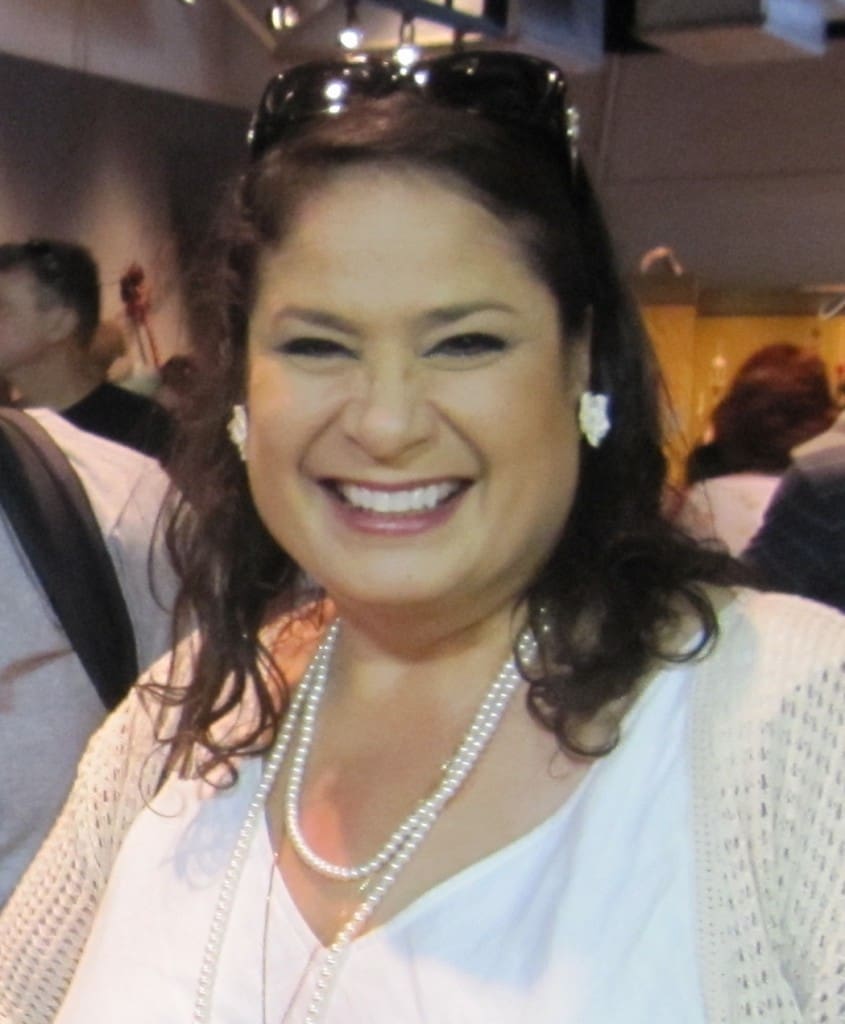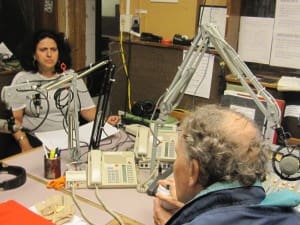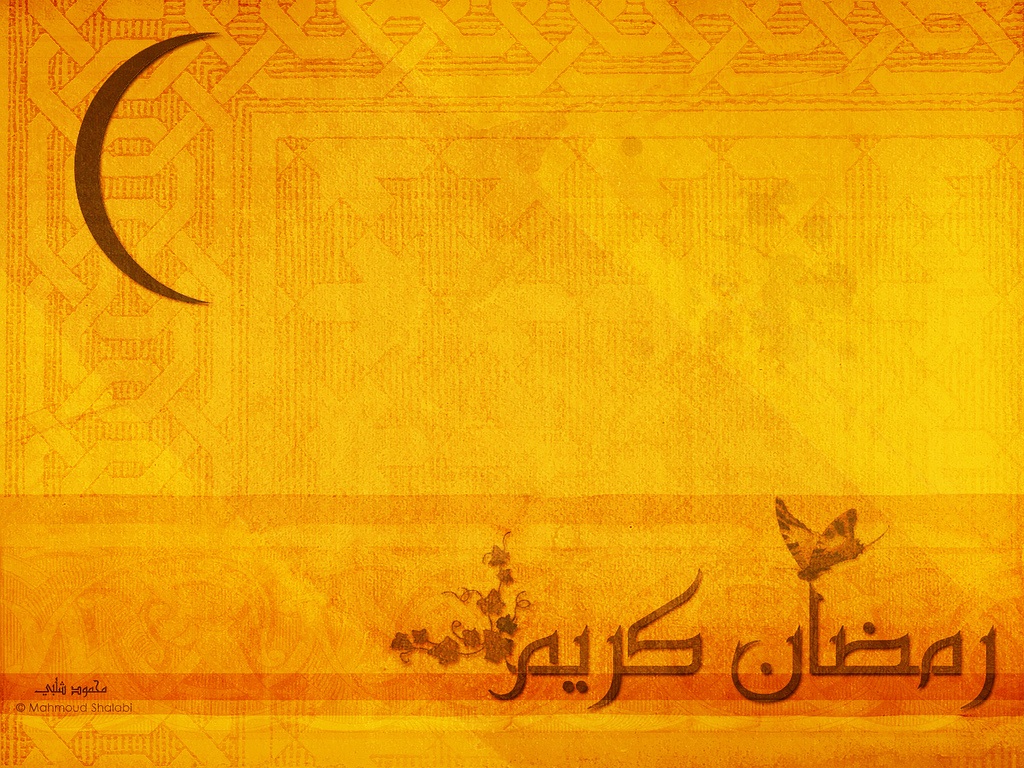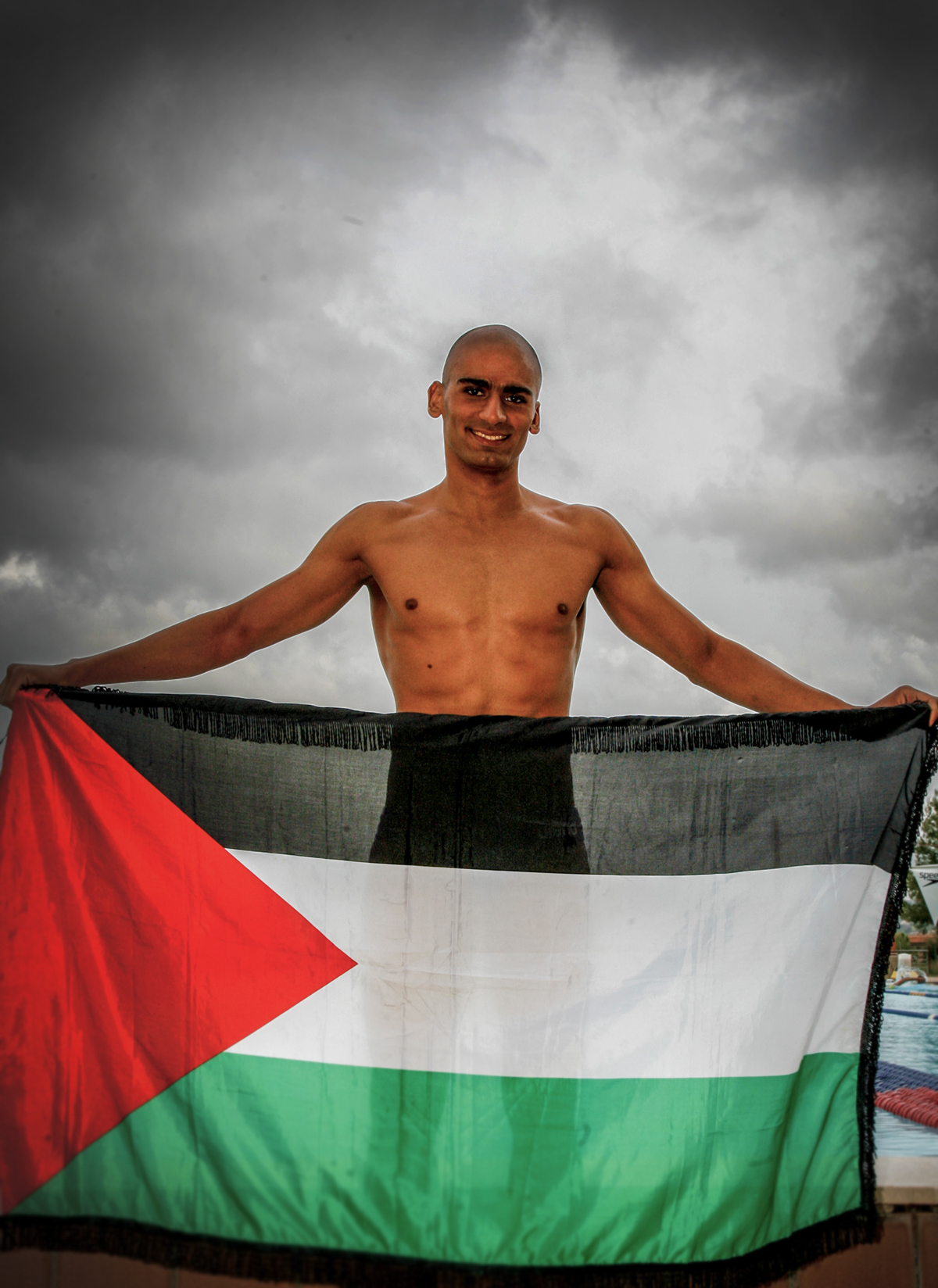Last spring, my husband’s employer ran an evacuation exercise for staff and their dependents who are slated for evacuation in case of emergency. My daughters wondered why. “It’s just a practice,” I told them. “It’s good planning.”
After all, there are crises in the world.
But as my girls and I packed our “run bags,” it didn’t feel real at all. It was like a game: find the flashlights, check the batteries, pack the first aid kit. We weren’t sure if anyone would check the bags to be sure we’d brought all the items on the list, and we certainly didn’t want to get in trouble, so we did our best to comply. When I read: “Before you run, make sure you leave no confidential documents behind!” I felt a pang. A pang of what I wasn’t sure. Foreboding?
When the radio blared, “Exercise! Exercise! Exercise!” we drove off to the “assembly point.” Later we moved on busses to the “concentration point,” which was also the “evacuation point,” and then we went home and forgot about the whole thing. Back to dishes, homework and email.
We spent the summer in the US, far from the daily stresses of life under occupation, but very much in the midst of tension about a possible Israeli and/or US attack on Iran. I didn’t feel any of that tension when we got home to Jerusalem, until my daughters asked:
“Are we gonna get gas masks?”
“Gas masks? For what?”

“While we were in the US over the summer, our friends got gas masks in case there is a war.”
“War? If there’s a war, a real war, we will be evacuated. Don’t you remember when we did that evacuation exercise?”
And here is where my girls dropped a bomb. They refused the idea of evacuation. “We won’t go unless everyone gets evacuated,” they told me. “We aren’t leaving our grandparents and aunts and uncles and cousins and friends to get killed.”
“I love your bravery and your loyalty,” I said, “but if there’s a real war (my God the idea of Israel at war with Iran petrifies me), then I’m not letting you stay here out of loyalty. Everyone who can leave will. And if your grandparents can’t leave, they will want you to leave anyway. You’ve never experienced a real war. If bombs are falling, every single person will do whatever they can to protect their children.”
And then they dropped another kind of bomb. They said: “That’s what happened in 1948 and now look where we are. Are we going to make that same mistake again?”
So while my answer is clear to me, it’s not at all easy. What about you? Run bag or gas mask? What would you do in the face of impending war?
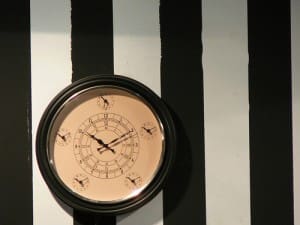
 from the Deccan Chronicle
from the Deccan Chronicle from BBC News
from BBC News